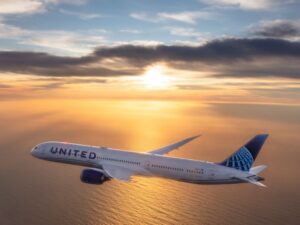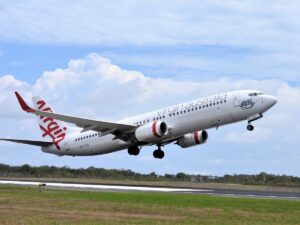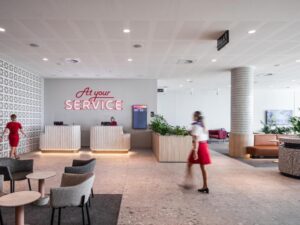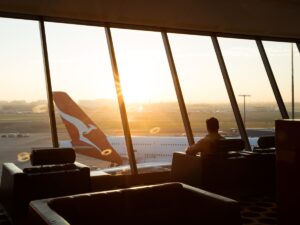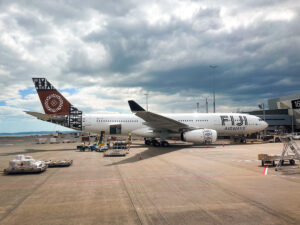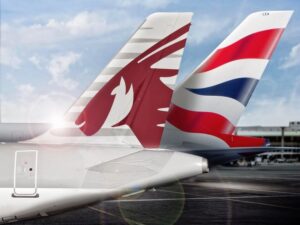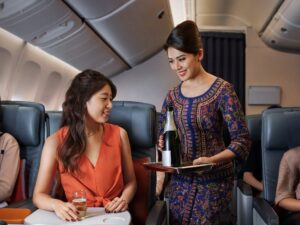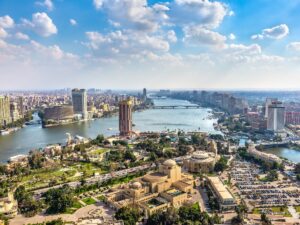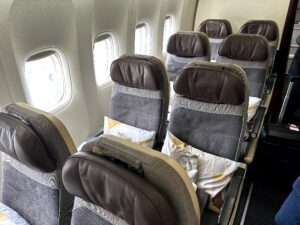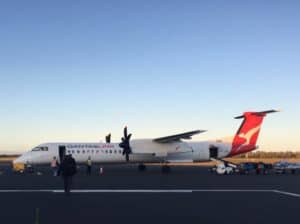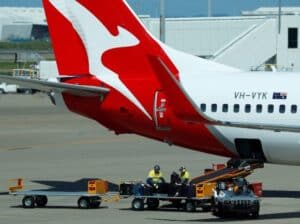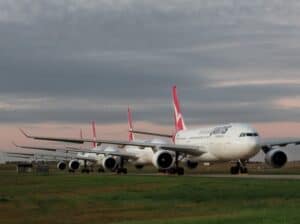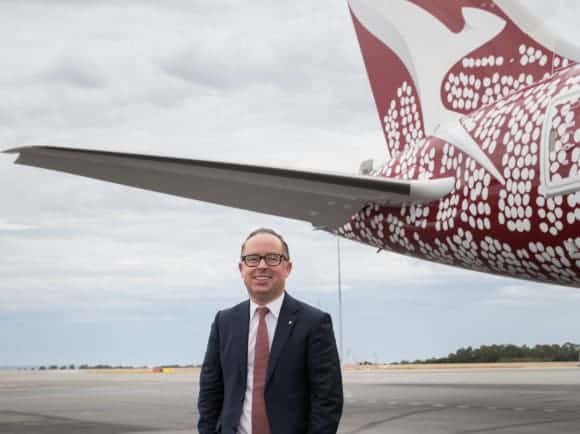
Qantas eyes new markets as borders remain closed
At yesterday’s virtual shareholders’ meeting, Qantas Group Chairman Richard Goyder slammed the “frustrating intertia” around the Queensland and Western Australian borders.
“This inertia that doesn’t seem to be based on the actual health risk. And that seems to ignore the broader economic and social risk involved with staying shut – especially as Federal income support winds down,” Goyder said.
The Qantas Group’s domestic capacity is still at less than 30% of pre-COVID levels. The airline had expected to be back operating 60% of domestic flights by this point, but the Victorian shutdown has delayed this. Qantas CEO Alan Joyce estimated that the Victorian border closure had cost the company $100 million in the first quarter of the 2020-21 financial year, but has not argued that states should reopen to Victoria while Melbourne remains in lockdown.
“Assuming Queensland opens to New South Wales in coming weeks, we expect Group Domestic capacity to reach up to 50 per cent by Christmas,” Joyce said.
But Goyder said the lifting of some restrictions for travel from New Zealand was “very encouraging”. He also spoke of the promising potential for travel bubbles with parts of Asia with low rates of COVID-19 infections.
“Both Qantas and Jetstar are keeping a close eye on new markets that might open up as a result of these bubbles – including places that weren’t part of our pre-COVID network. By early next year, we may find that Korea, Taiwan and various islands in the Pacific are top Qantas destinations while we wait for our core international markets like the US and UK to re-open.
“We’re already doing this domestically – adding new destinations that suddenly make sense – and it’s the kind of flexibility we need to make the most of any cash positive opportunities in the year ahead.”
Last week, Qantas resumed limited flights between Auckland and Sydney. This was the first international passenger flight Qantas had operated since June. Qantas is also now operating some extra repatriation flights on behalf of the Australian government, with the first of these landing in Darwin as QF110 from London on Friday.
Further cost savings flagged
Qantas says it has the liquidity to survive at the current level of flying for a “very long time” – if it had to. But the airline’s CEO believes they have no choice but to continue slashing costs in order to remain competitive in the long term.
“The only antidote when you’re faced with less revenue is to lower your costs,” Joyce said.
Alan Joyce believes its domestic market share will increase “organically” from 60% to 70% as Virgin Australia “changes its strategy”. But to remain competitive, Joyce believes it will need to match the significant reductions Virgin is now trying to make to its cost base.
It remains to be seen whether Virgin’s new owner Bain Capital will be successful in negotiating huge cuts to staff pay and conditions with the unions. Even so, Virgin has managed to strip many costs out of the business during the voluntary administration period. This has Qantas worried.
Qantas has already announced plans to consolidate its property footprint, in order to reduce costs. The airline has also now suspended cash spending on sponsorships, such as its deal with the Qantas Wallabies.
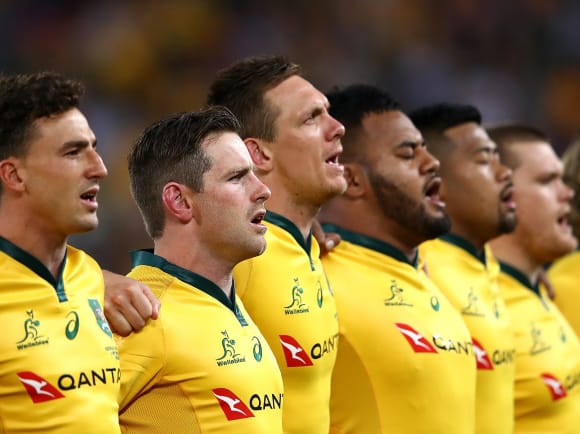
Now, the airline is also “renegotiating arrangements with travel agents” to reduce the commissions it pays out. This is bad news for the many Australian travel agency businesses already struggling right now. But it could also backfire on Qantas if international airlines retain higher commissions, incentivising travel agents to sell tickets on those airlines instead of Qantas.
This is in addition to the 6,000 job losses announced earlier this year, and the plan to outsource ground handling operations resulting in a further 2,500 jobs going.
As well as acknolwedging the impact of these difficult decisions on its staff, Joyce highlighted the need to make these changes without abandoning customers.
“But we need to do this without losing sight of the things that make the Qantas Group an Australian icon and one of the world’s best airlines. The things that drive customer loyalty. Or our commitment to serving regional communities. To innovate and push boundaries. To be there, as the national carrier, when it counts,” Joyce said.
Qantas Loyalty remains a standout performer
There’s a very good reason Qantas wants to continue driving customer loyalty. Qantas Loyalty is one of the only divisions in the Qantas Group that remains highly profitable! The Qantas Frequent Flyer businesses, as well as Qantas Freight, are keeping the whole company afloat.
“Loyalty’s profit slipped less than 10% in FY20 – which is remarkable under the circumstances. It reflects the fact that the majority of points are earned on the ground, and the fact that border closures have only increased people’s desire to earn points for travel once things open up again,” Alan Joyce told shareholders.
“Loyalty’s performance also reflects the benefit of its diversification in recent years. For instance, Qantas Wine has seen record sales, with revenue up 75% in July and August compared with the same time last year.
“Since the start of the year, we’ve added new partners like BP Fuel and Afterpay – both of which are performing well above expectations.
“All of this has combined to create record levels of member satisfaction, which will be a core strength in an increasingly competitive domestic market.”
Join the discussion on the Australian Frequent Flyer forum: Qantas AGM: possible further cuts to staff conditions
